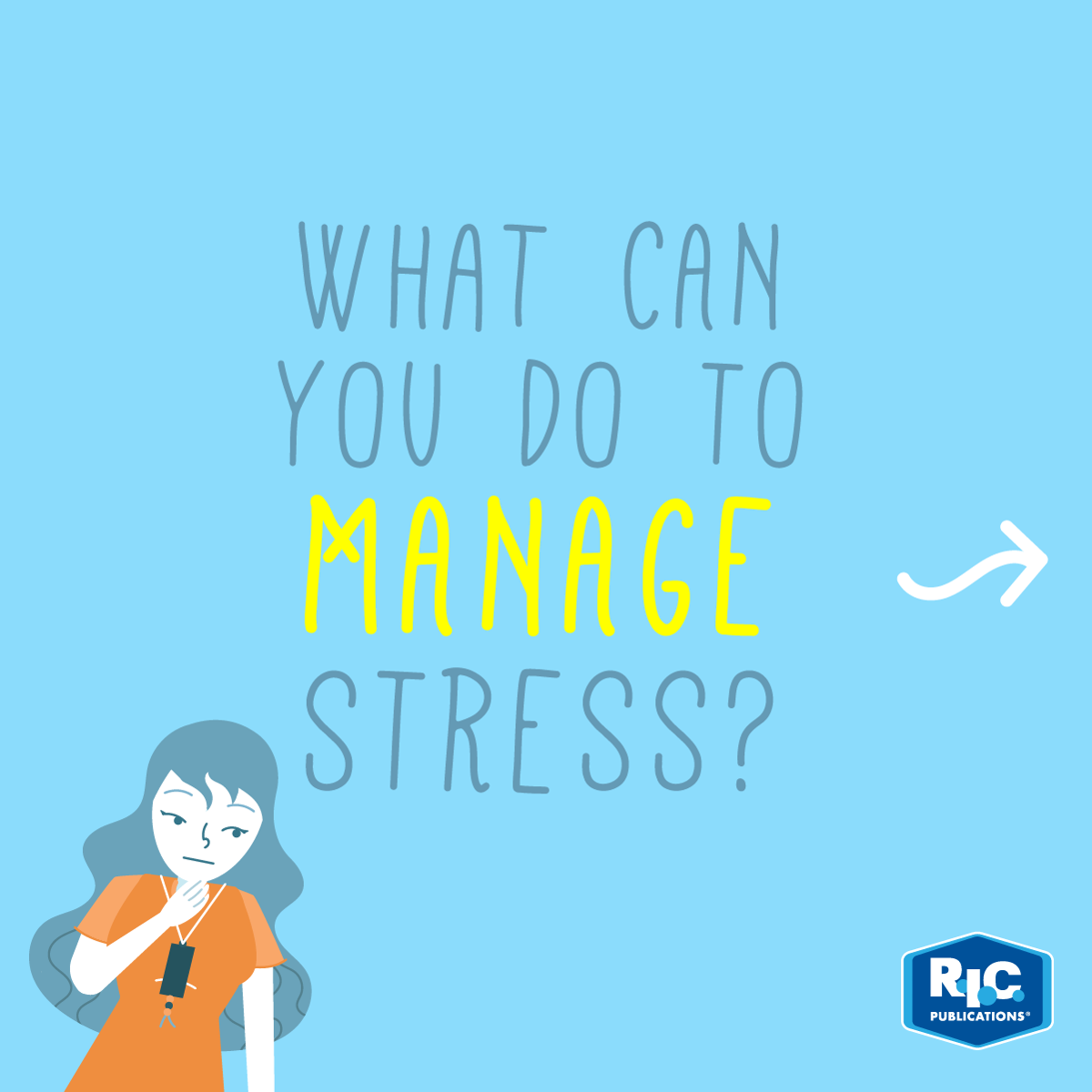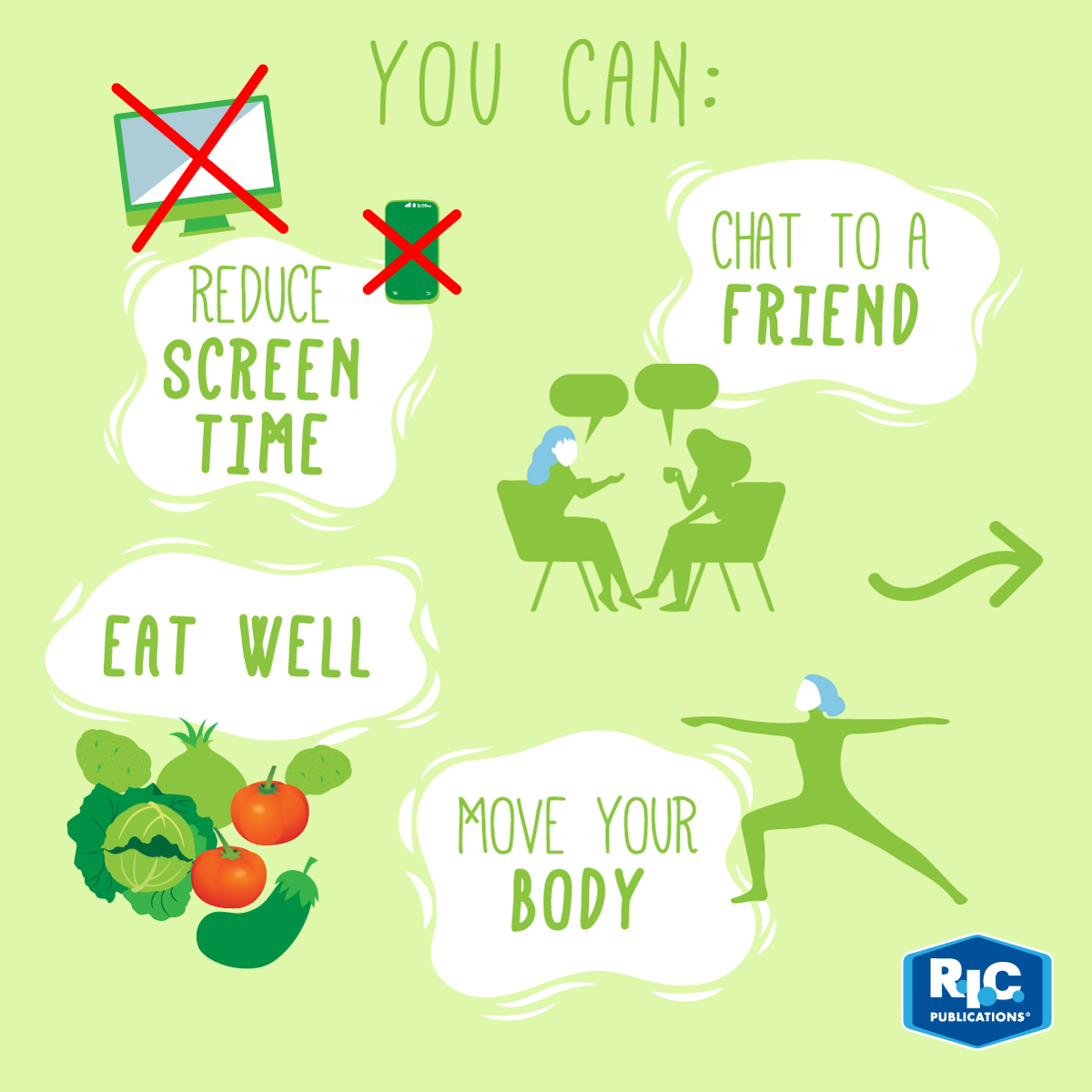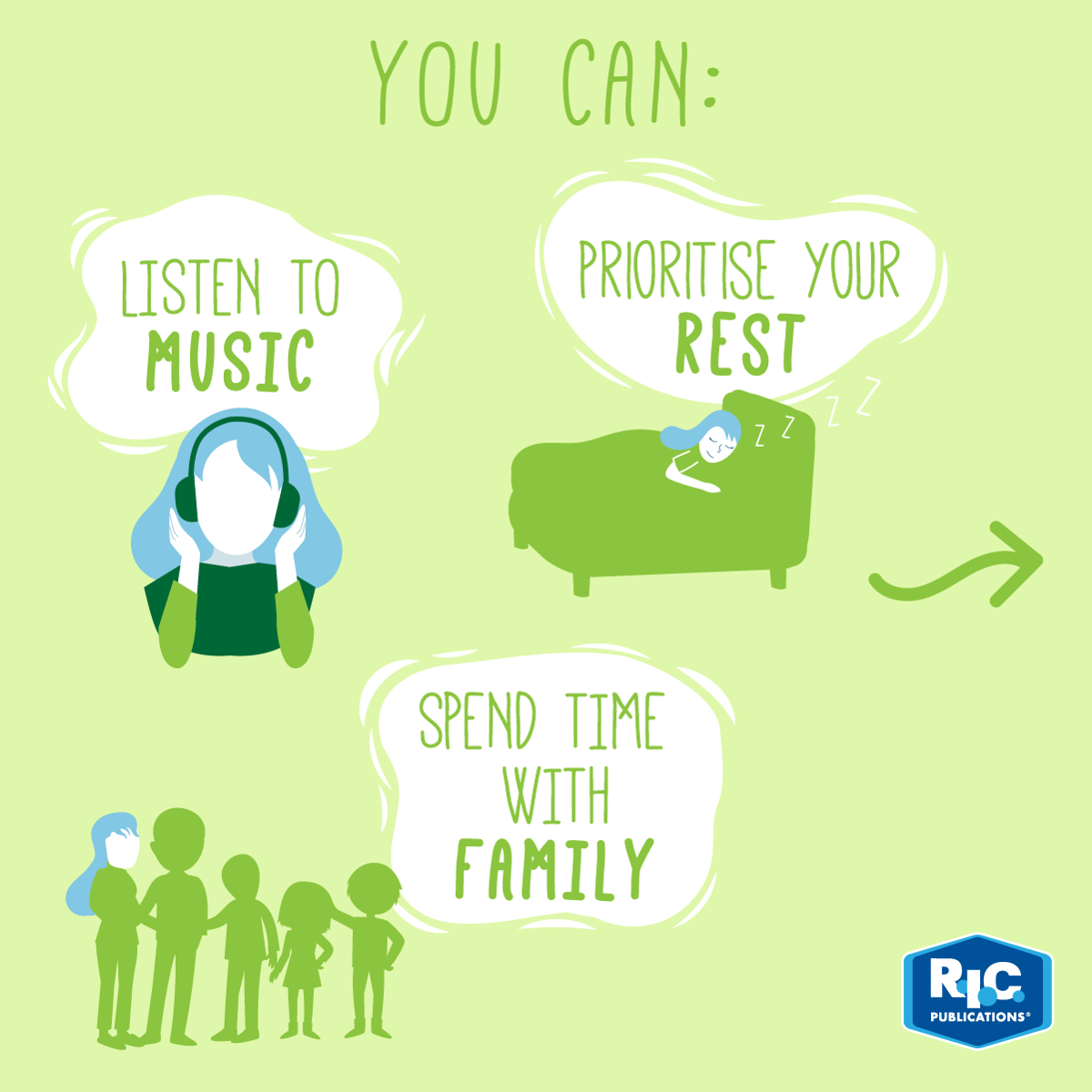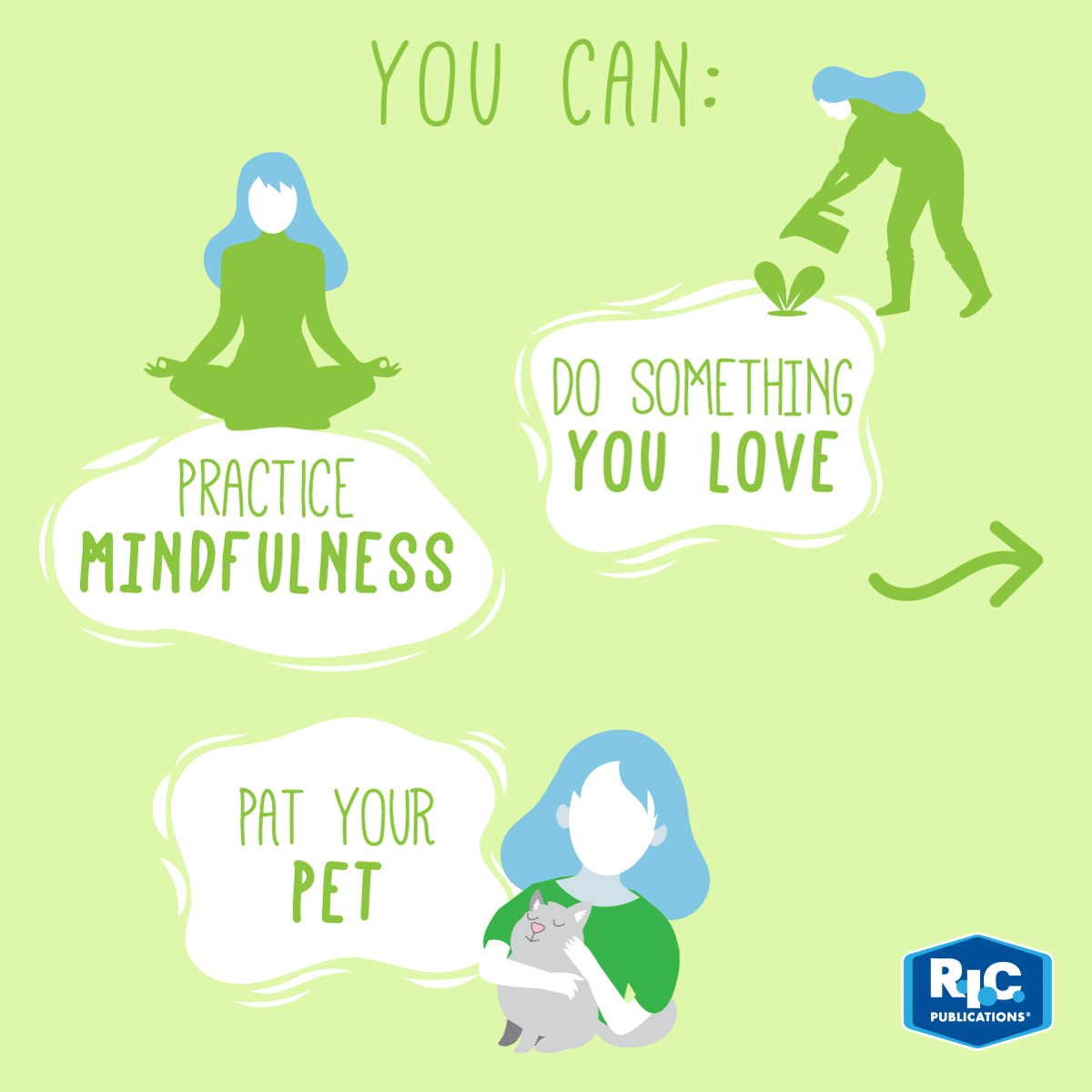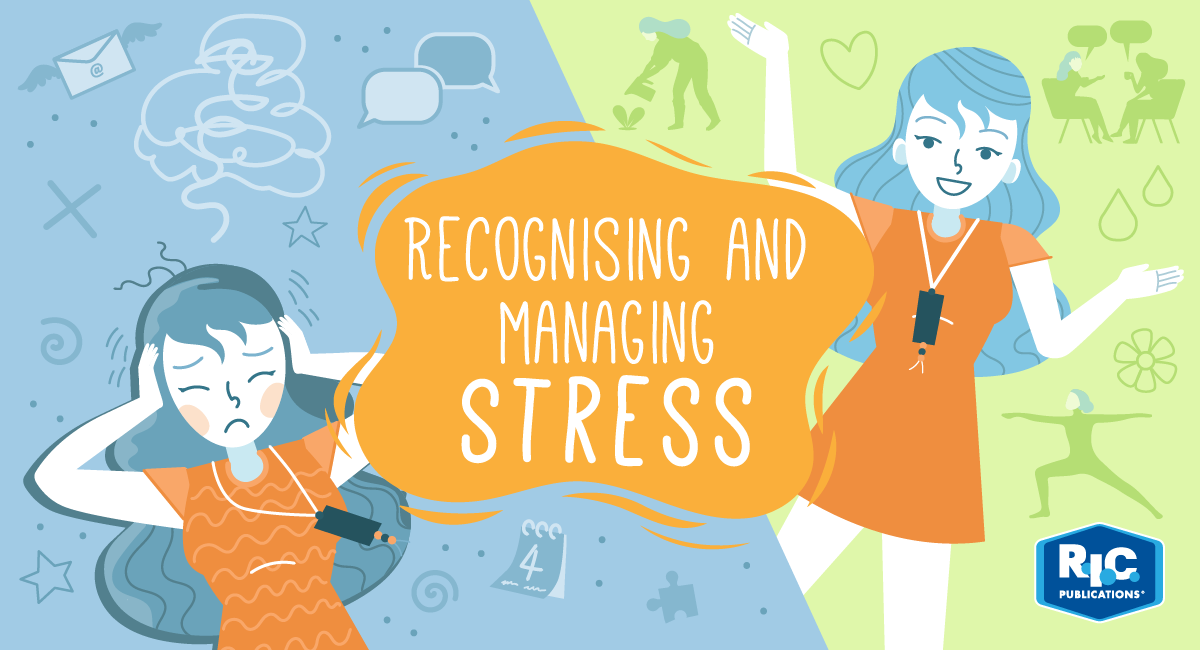- Monday 01 November 2021
- 0 Comments
We all get stressed from time to time—it’s perfectly normal and something we all experience. However, the way we recognise and manage our stress is important, to ensure it doesn’t overshadow our lives. As it is International Stress Awareness Week, we’ve compiled some tips to help when you feel that your stress levels are rising.
The first step is to recognise stress. Here are few common symptoms (among many others) that may indicate that your stress levels are high.
- excessive worrying and anxiety
- feeling irritable
- headaches
- insomnia or lack of sleep
- negative thoughts
- forgetfulness
- not enjoying things you usually love
- feeling tense
- being overwhelmed by your daily tasks
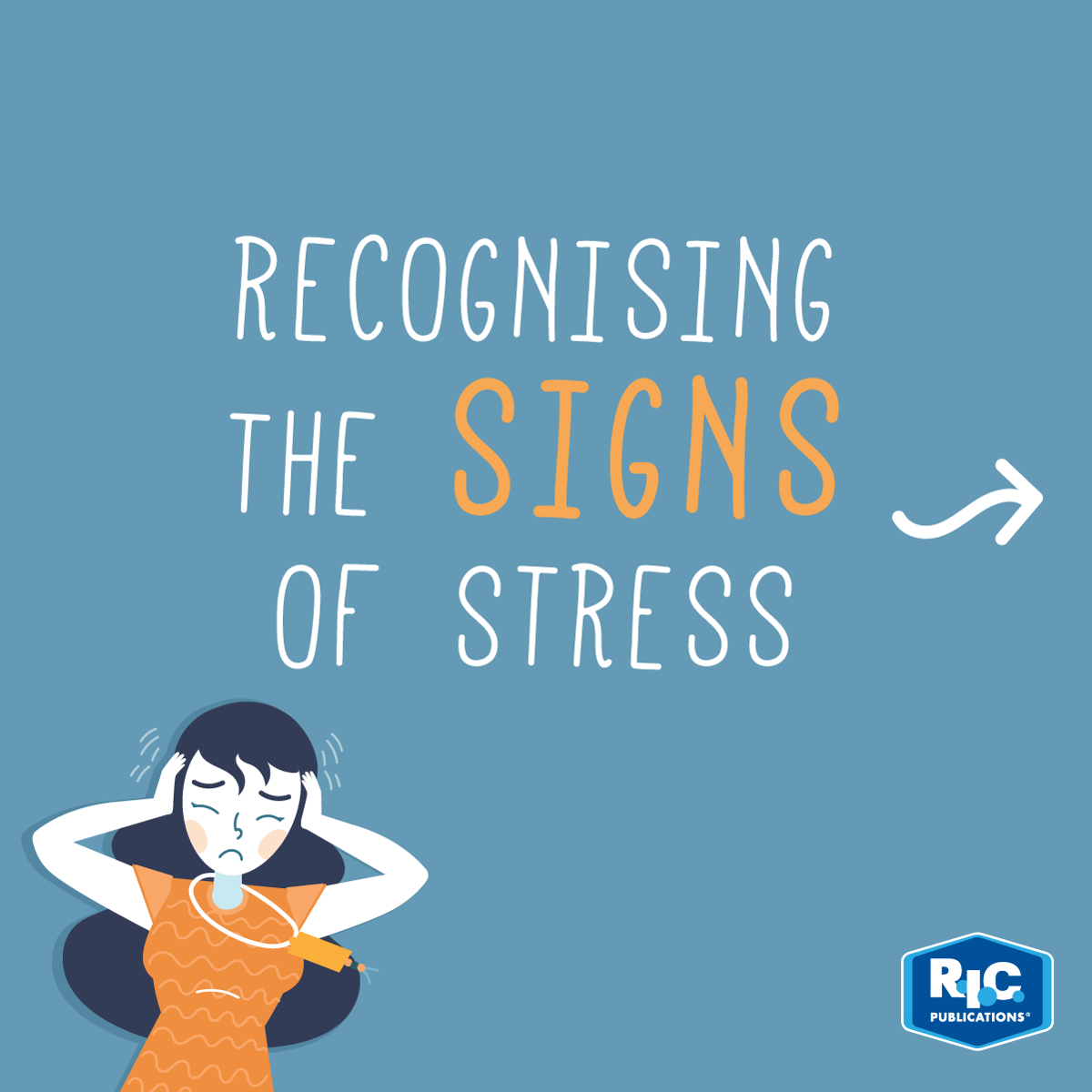
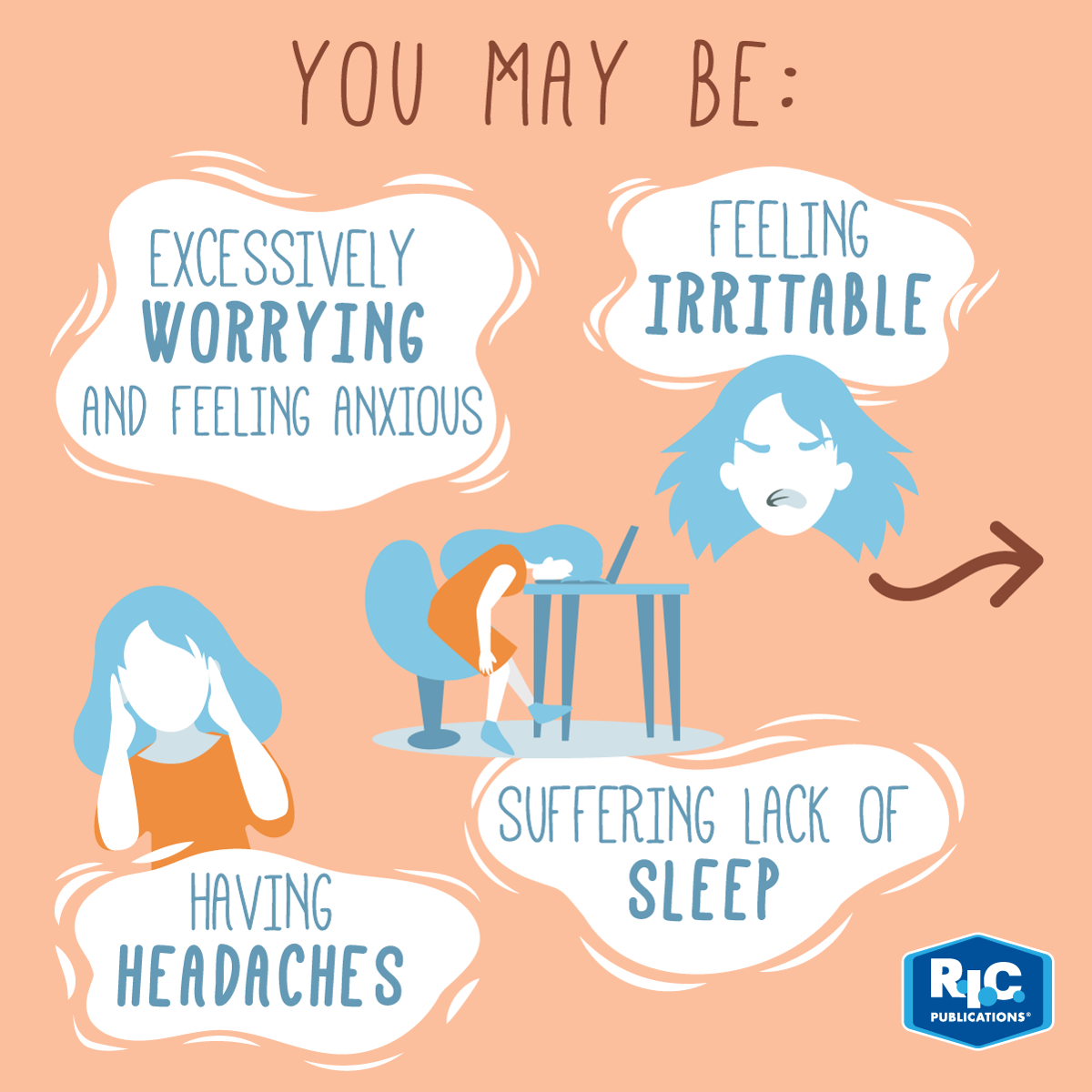
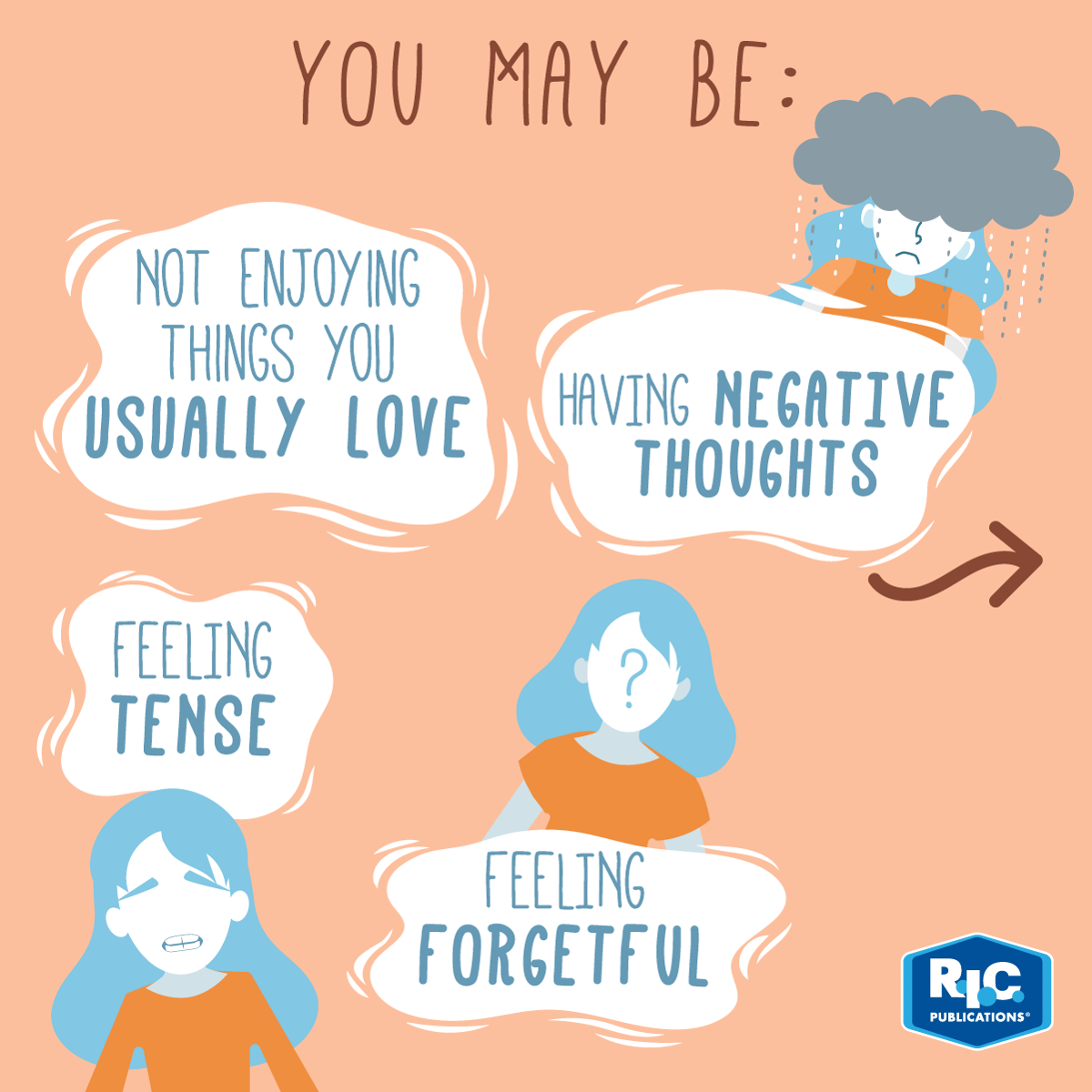

If you feel like you relate to these symptoms, it’s time to put in place some strategies to manage your stress levels. Whilst these often seem simple, they are often forgotten about as we get swept up in day-to-day life. Implementing these small strategies consistently can make a significant difference over time to your overall stress levels.
Drink plenty of water
This one seems like a no-brainer but is often overlooked. It is so important that we drink enough water every day to keep our minds happy and healthy. Drinking one to two litres of water each day will ensure our brains are working to the best of their abilities (as well as everything else) and minimise brain fog.
Try to stay organised
Staying organised can limit the amount of stress we feel. Try keeping a diary with tasks that need to be completed based on priority, ensuring that the most important tasks are always completed first. This will give a sense of achievement and fuel the motivation to complete all other outstanding tasks. It can be stressful to see a pile of work with no structure, which can really affect productivity levels.
Take time out
It is so important to take time away from any commitments you may have when you can; this isn’t always possible, and it can be difficult to find time to relax when we’re feeling stressed. Try to dedicate some time during the day to do something kind for yourself—even at the end of the day by going to bed an hour earlier can help. Reduce screen time before bed and switch off (both metaphorically and literally). You will notice a difference.
Get moving
Exercising is a great way to relieve stress and clear your mind. Try getting outside for 30 minutes a day for some exercise. This doesn’t necessarily need to be an intense workout, just a walk somewhere you like and enjoy the atmosphere.
Make time for the things you love
Time for your hobbies is just as important as your work life. Spending enough time each week doing the things we love increases our productivity levels when we are working!
Understanding that this will pass
Stress, just like any other feeling, is temporary and will go just as it came. It is important to remember to talk to someone when you are feeling stressed. Your friends, family and colleagues are there to reach out to.
If you or anyone you know needs extra support, reach out to the following organisations at any time:
Lifeline on 13 11 14 for 24/7 crisis support
MensLine Australia on 1300 789 978
Brother to Brother on 1800 435 799
Beyond Blue on 1300 224 636 or its COVID-19 support service 1800 512 348
Headspace on 1800 650 890
Care Leavers Australasia Network (CLAN) on 1800 008 774
